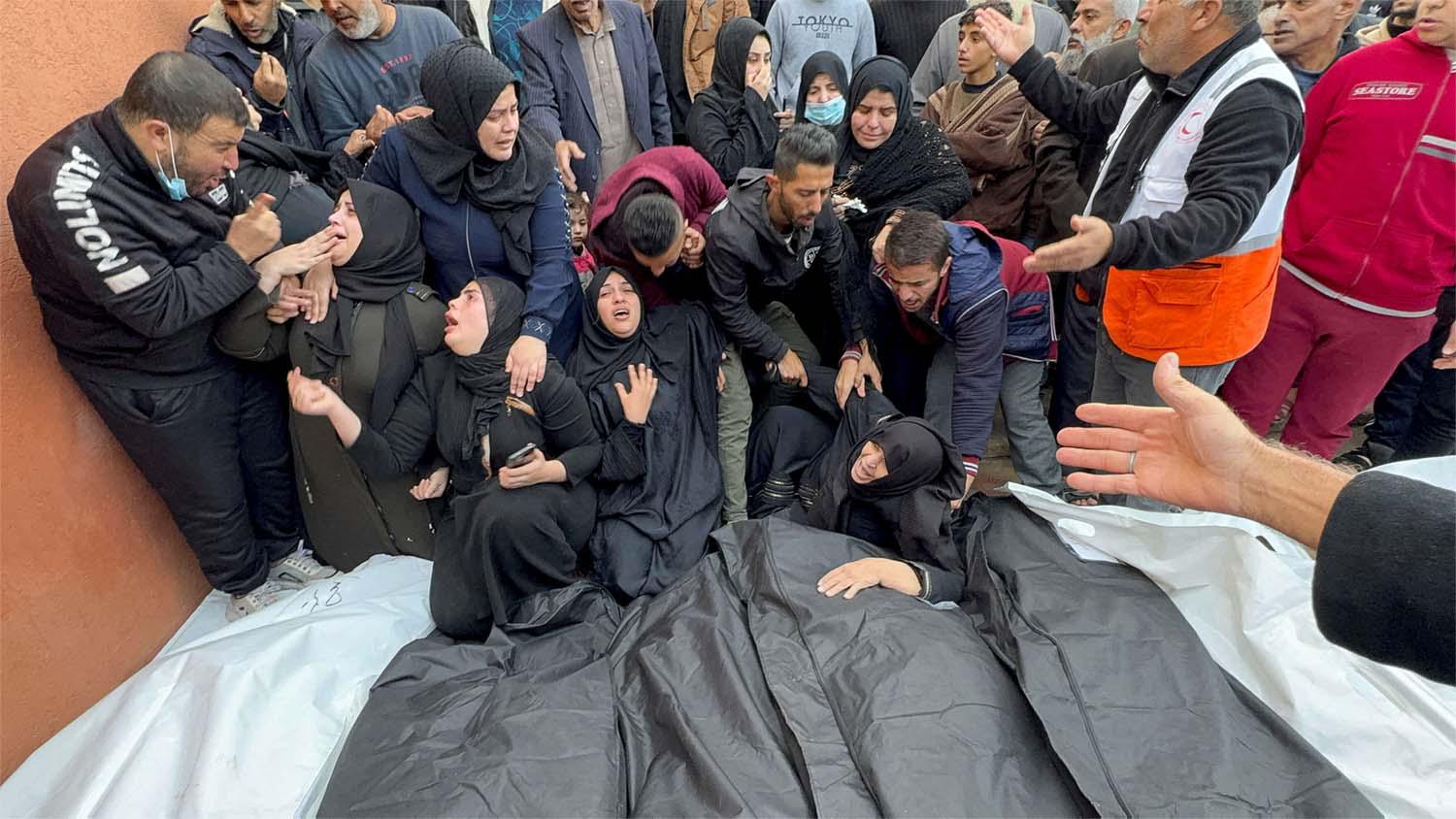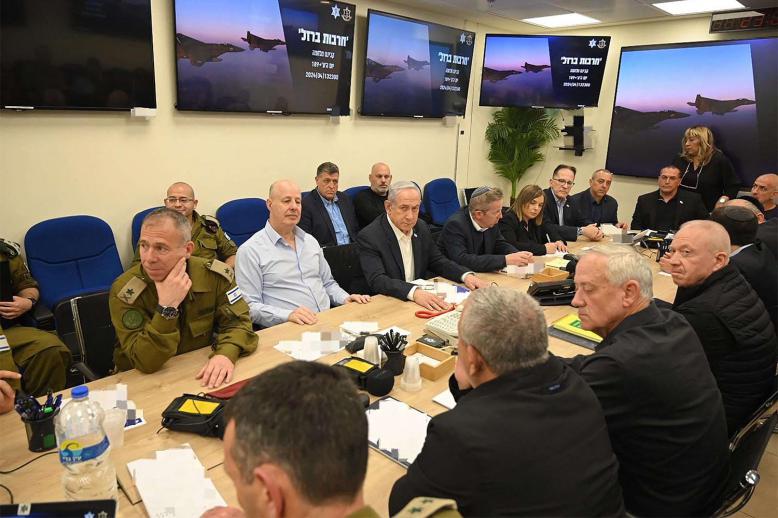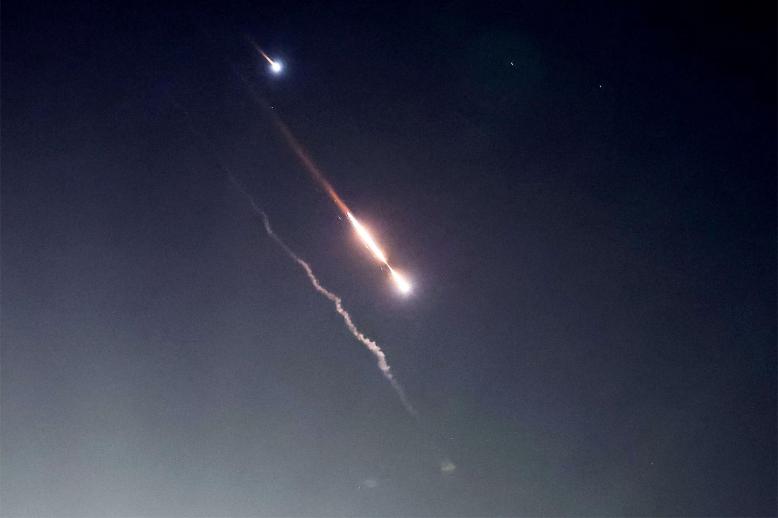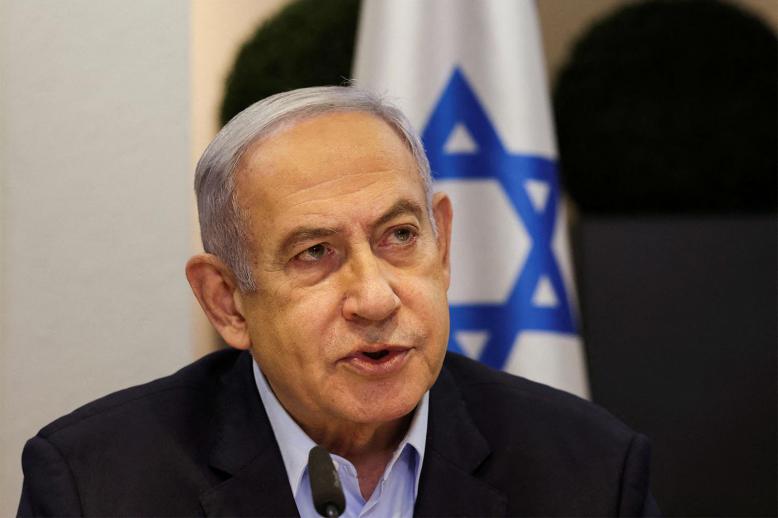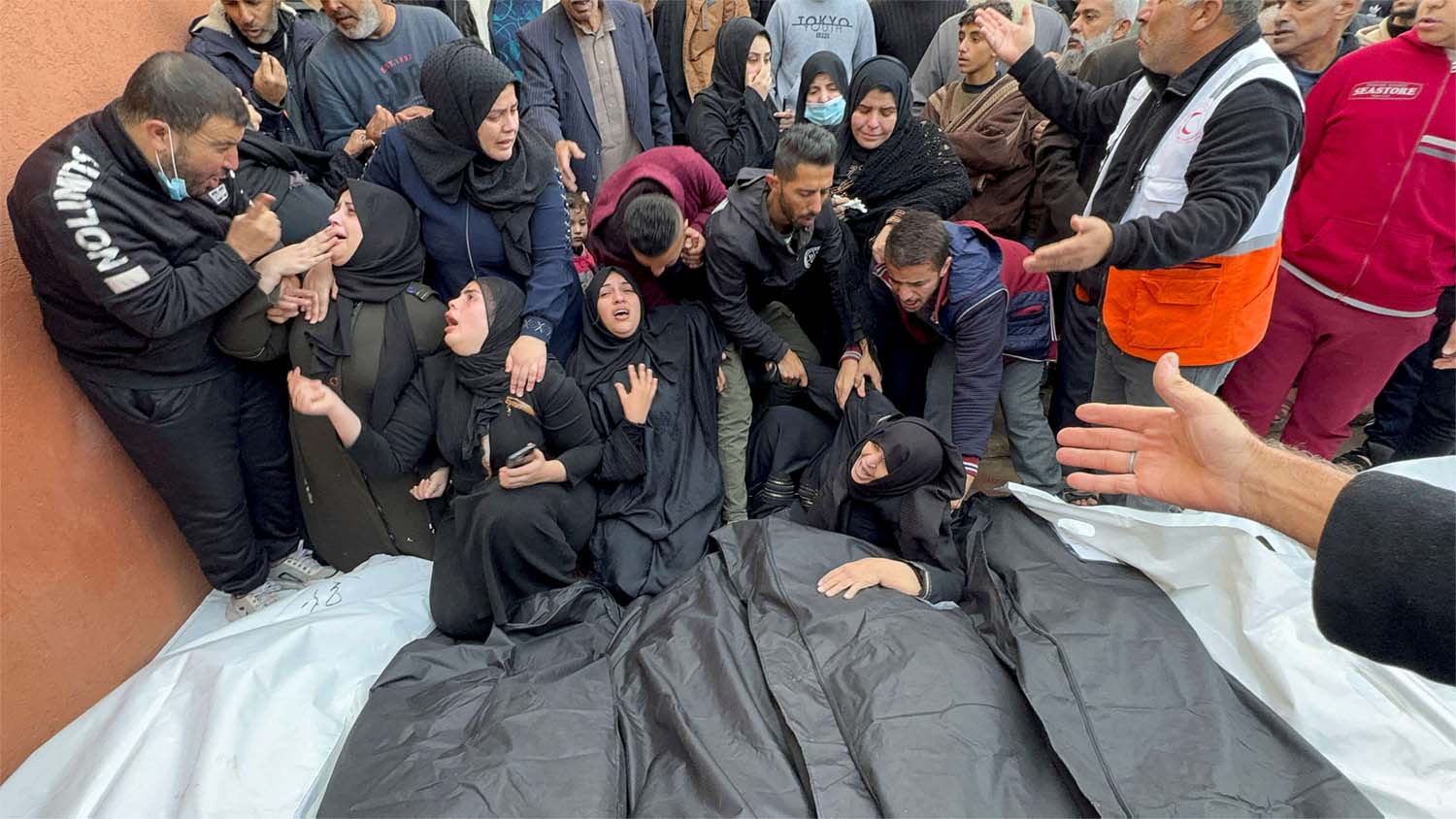The post-Gaza phase
In numerous media reports on the positions of international and regional parties on the scenarios being discussed for the future of the Gaza Strip in the post-war phase, the fundamental questions and uncertainties revolve around who will finance the reconstruction plans and which parties would be acceptable to all and could participate in shaping the transition process.
In this context, intensive discussions are taking place and different perspectives are being presented. The US believes that the Palestinian Authority could play a role in the post-war phase with financial support from the Gulf States. Israel, on the other hand, rules out any role for the Authority, at least according to leaked media reports.
Benjamin Netanyahu’s government sees it as the flip side of the Hamas movement, with tactical differences and common goals. The common denominator of all perspectives is the desire for the Gulf States to finance the reconstruction plans in the Gaza Strip.
This addresses one of the most critical issues facing everyone in the region, as there are around three hundred thousand displaced Palestinians living in the Gaza Strip without shelter.
The day after the end of the war between Israel and the Hamas movement, their humanitarian livelihoods must be provided for. This dossier is extremely complex and is a major challenge on both a humanitarian and ethical level. But I believe that it is not the only dangerous dossier that everyone has to deal with at this stage.
There is also the dossier of coexistence, peace and stability in the Middle East, where a major dilemma arises. What has happened in Gaza in the last two and a half months has brought our region back to the starting point of hostility between some Arabs and Muslims on the one side and Israel on the other.
This issue must not be neglected; it is an urgent and non-negotiable dossier, because to ignore this reality is to turn a blind eye to a hostile, hateful environment. It is prone to becoming a massive magnet for extremist and terrorist ideas spread by organizations still active in various geographical hotspots inside or outside the region.
The day after the war is the day when terrorist organizations can begin to finish the job Hamas has started. However, this matter will not be limited to Israel, but will encompass a wide range of targets involving both Arab and Western countries.
This is justified by alleged support for Israel, silence or what the supporters of the radical groups of the Middle East call betrayal of the Palestinian people and support for Israel. This means that we will most likely face a new wave that could be even more serious in terms of extremism and terror.
This is a huge setback for the culture of coexistence, peace and stability that requires all our attention. The current conflict tends towards populism, polarization and appeals to people’s emotions, away from rational calculations, logic and the strategic principles that determine the interests of nations and people.
A prime example of this is the actions of the Houthi group, which knows full well that jeopardizing the security of world trade in the Red Sea does not benefit the civilian victims in Gaza. Instead, it contributes to turning world public opinion against Arabs and Muslims, and serves the Israeli narrative based on the threat to Israel’s existential security, forcing it to defend itself.
We are aware that a discussion on the culture of peace and coexistence is not on the agenda at the moment. No one wants this discussion amidst the maelstrom of violence and bloodshed in Gaza. But that does not change the danger that capitulating to the atmosphere of conflict in the region will have serious consequences for the whole world, not just for the countries and people in the region.
We are aware that there is a deep and fierce conflict in our region between the proponents of coexistence and peace on the one hand and the proponents of conflict, war and massacre on the other. However, the impact of the Gaza war, which will change the face of the region and the world for years and decades to come, cannot be denied.
The fact that the lives of millions of people in the region are affected by the current events and the possible consequences of the situation in Gaza underlines that victory in the fight against extremism, terror, incitement and hatred is a great challenge and a necessary struggle for all moderate forces in our region. We have no choice but to win it.
However, winning this battle requires a concerted effort to find a light at the end of the tunnel where the Palestinian people can live safely alongside the Israeli people. We must refute the arguments for the spread of chaos and unrest and take the initiative out of the hands and mouths of the extremists who advocate violence and radicalism.
Salem AlKetbi, UAE political analyst and former Federal National Council candidate

